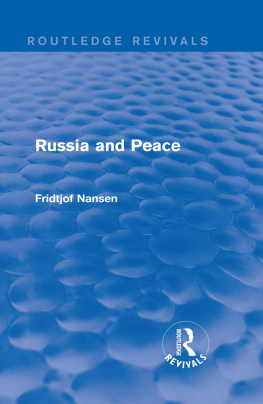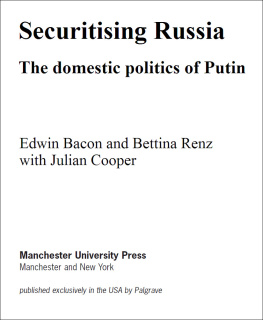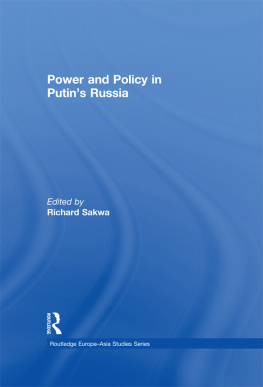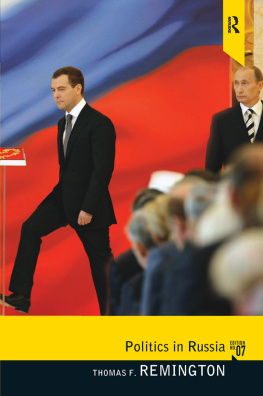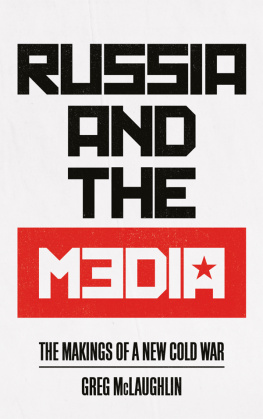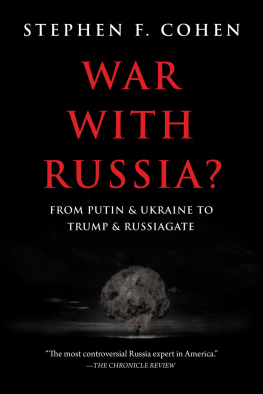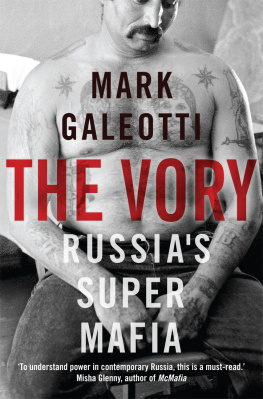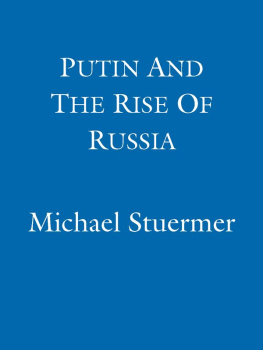First published 2000 by Pearson Education Limited
Published 2014 by Routledge
2 Park Square, Milton Park, Abingdon, Oxon OX14 4RN
711 Third Avenue, New York, NY 10017, USA
Routledge is an imprint of the Taylor & Francis Group, an informa business
Copyright 2000, Taylor & Francis.
All rights reserved. No part of this book may be reprinted or reproduced or utilised in any form or by any electronic, mechanical, or other means, now known or hereafter invented, including photocopying and recording, or in any information storage or retrieval system, without permission in writing from the publishers.
Notices
Knowledge and best practice in this field are constantly changing. As new research and experience broaden our understanding, changes in research methods, professional practices, or medical treatment may become necessary.
Practitioners and researchers must always rely on their own experience and knowledge in evaluating and using any information, methods, compounds, or experiments described herein. In using such information or methods they should be mindful of their own safety and the safety of others, including parties for whom they have a professional responsibility.
To the fullest extent of the law, neither the Publisher nor the authors, contributors, or editors, assume any liability for any injury and/or damage to persons or property as a matter of products liability, negligence or otherwise, or from any use or operation of any methods, products, instructions, or ideas contained in the material herein.
ISBN 13: 978-0-582-36815-6 (pbk)
British Library Cataloguing-in-Publication Data
A catalogue record for this book is available from the British Library
Library of Congress Cataloging-in-Publication Data
Russia after the Cold War / Mike Bowker and Cameron Ross, eds.
p. cm.
Includes bibliographical references and index.
ISBN 0-582-36815-4 (alk. paper)
1. Russia (Federation) Politics and government 1991
I. Bowker, Mike. II. Ross, Cameron, 1951
DK510.763.R857 1999 99-10634
947.086-dc21 CIP
Typeset in 10/12 New Baskerville by 35
Editors
Mike Bowker , Lecturer in Politics at the University of East Anglia, Norwich. He has written on Russian foreign policy and the cold war. His publications include Superpower Detente: A Reappraisal, with Phil Williams (Sage, 1988) and Russian Foreign Policy and the End of the Cold War (Dartmouth, 1997). (Introduction.)
Cameron Ross , Lecturer in Russian and East European Politics at the University of Dundee. He has published widely in the field of Russian politics, his most recent publication (co-authored with David Lane) is The Transition from Communism to Capitalism: Ruling Elites from Gorbachev to Yeltsin (St Martin's Press, 1998) He is currentiy working on a book on regional politics in Russia. (.)
Contributors
Alexei Avtonomov , a leading researcher in Moscow at both the Institute of State and Law and the Foundation for the Development of Parliamentarianism in Russia. He has also been a member of the Russian Political Association since 1985. He has written many articles, books and pamphlets over the years, mainly on political parties and parliamentarianism in Russia and around the world. He is currently doing some research on aspects of parliamentary law and assembly in Russia and Belarus. (.)
Edwin Bacon , Lecturer in Russian Politics at the Centre for Russian and East European Studies at the University of Birmingham. He was formerly a Senior Research Officer with the Foreign and Commonwealth Office. As well as a number of articles on Russian politics and security, he is also the author of The Gulag at War: Stalin's Farced Labour System in the Light of the Archives (Macmillan, 1994). (.)
John Berryman , Principal Lecturer in European and International Studies and a member of the Russian and East European Research Centre at the University of Wolverhampton. His primary research interests focus on Russian foreign and security policy in the European and North-East Asian regions. His recent publications include 'Russian Security Policy and Northern Europe' in William E Ferry and Roger E Kanet (eds), Post-Communist States in .)
Christoph Blum , Professor of International Studies at Leeds University. His interests include: Soviet/Russian foreign and security policy, nuclear nonproliferation, German foreign and security policy, Anglo-German relations and cold war history. His many publications include The Collapse of Soviet Military Power (Dartmouth, 1994). (.)


